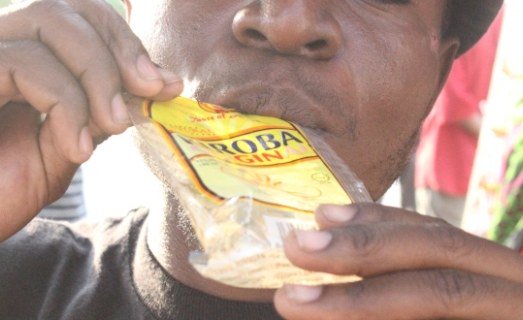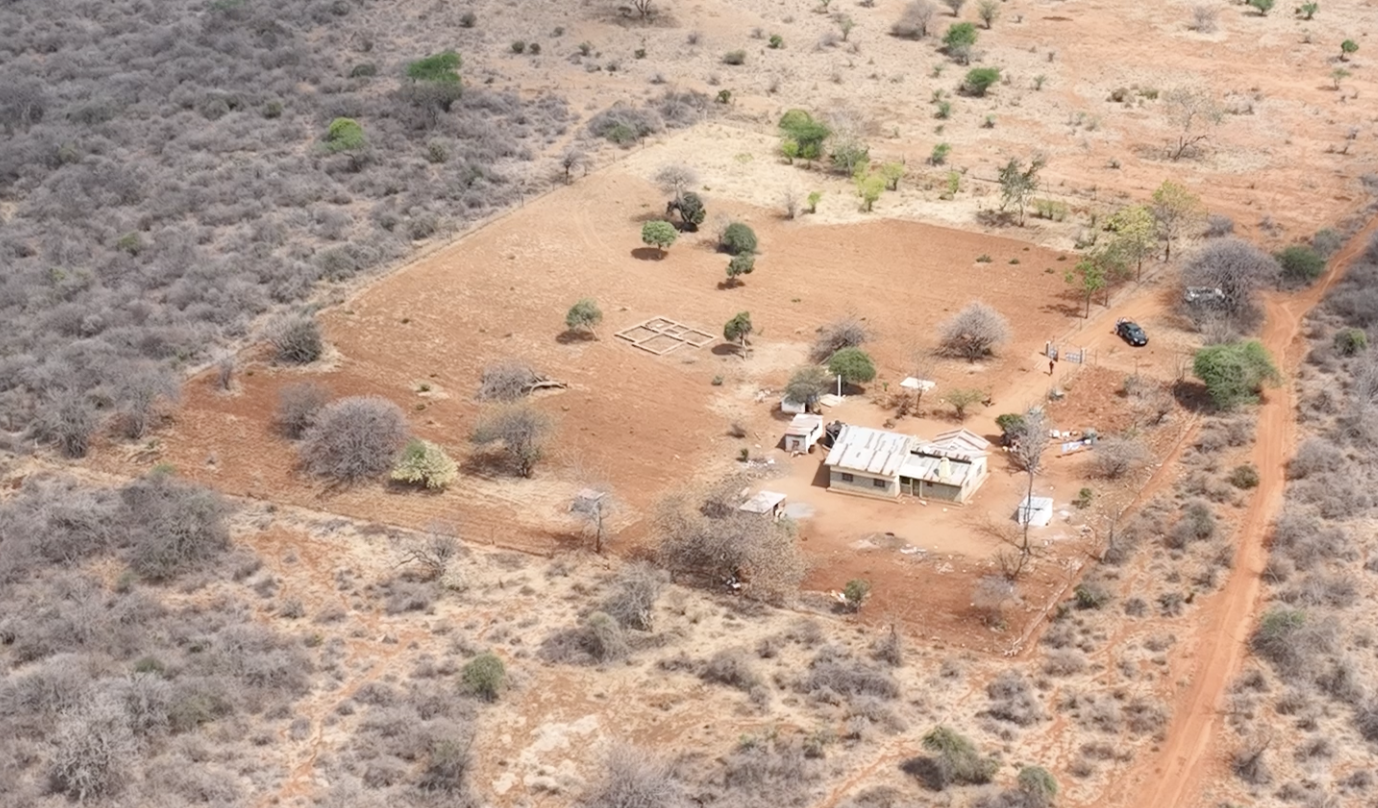
Tanzania bans alcohol sold in sachets, imposes harsh penalties

Tanzania’s ban on plastic sachet-packed liquor popularly known as ‘Viroba’ took effect from the beginning of this month in a move to curb increasing alcohol drinking among the youth and preserve its environment according to a report by the Daily News.
The Tanzanian government banned the importation, manufacturing, sale and consumption of the 50 milliliter alcoholic sachets which mostly contain gin, rum, vodka, whisky or other spirits.
The government has imposed stringent penalties of up to three years imprisonment or fines amounting to 5m/- (2,238 USD) or both will be imposed on those found consuming, distributing or producing the hard liquor packed in plastic sachets.
“Importation of the hard liquor in plastic sachets will amount to not less than two years imprisonment or a fine not exceeding 5m/ (2238 USD)-. “Those found producing it will either go to jail for two years or pay a fine of 2m/- (895 US) and as for the ones who will be caught distributing, storing and selling they will go to jail for three months or pay a fine of 100,000/- (45USD),” said the Minister of State in the Vice- President’s Office, Union Affairs and Environment, Mr. January Makamba
The Minister further added that those found consuming and in possession of the sachet will be required to pay a fine of not less than 50,000/- (22 USD) or go to jail for three years.
The alcohol sachets cost as low as $0.25 making it easily accessible to the poorest while the discarded sachets clog drains and litter the environment.
The Minister said that the government has received nine applications from some of the alcohol producers that have demonstrated their readiness to move to bottle containers technology and meet several conditions of obtaining a permit.
Many producers have expressed concern that the exercise was implemented on a short notice and they had already ordered plenty of raw materials of which are stored in warehouses. However, the government has said its intention to ban sachet-packed liquor was announced on January 1, 2017 which got a wide coverage by various media outlets. And it was delayed by two months since the first announcement.
“If any producer had ordered raw materials, produced or stored the liquor or taken a loan for the same purpose, the person has done that willingly knowing the impact,” Mr Makamba stressed.






